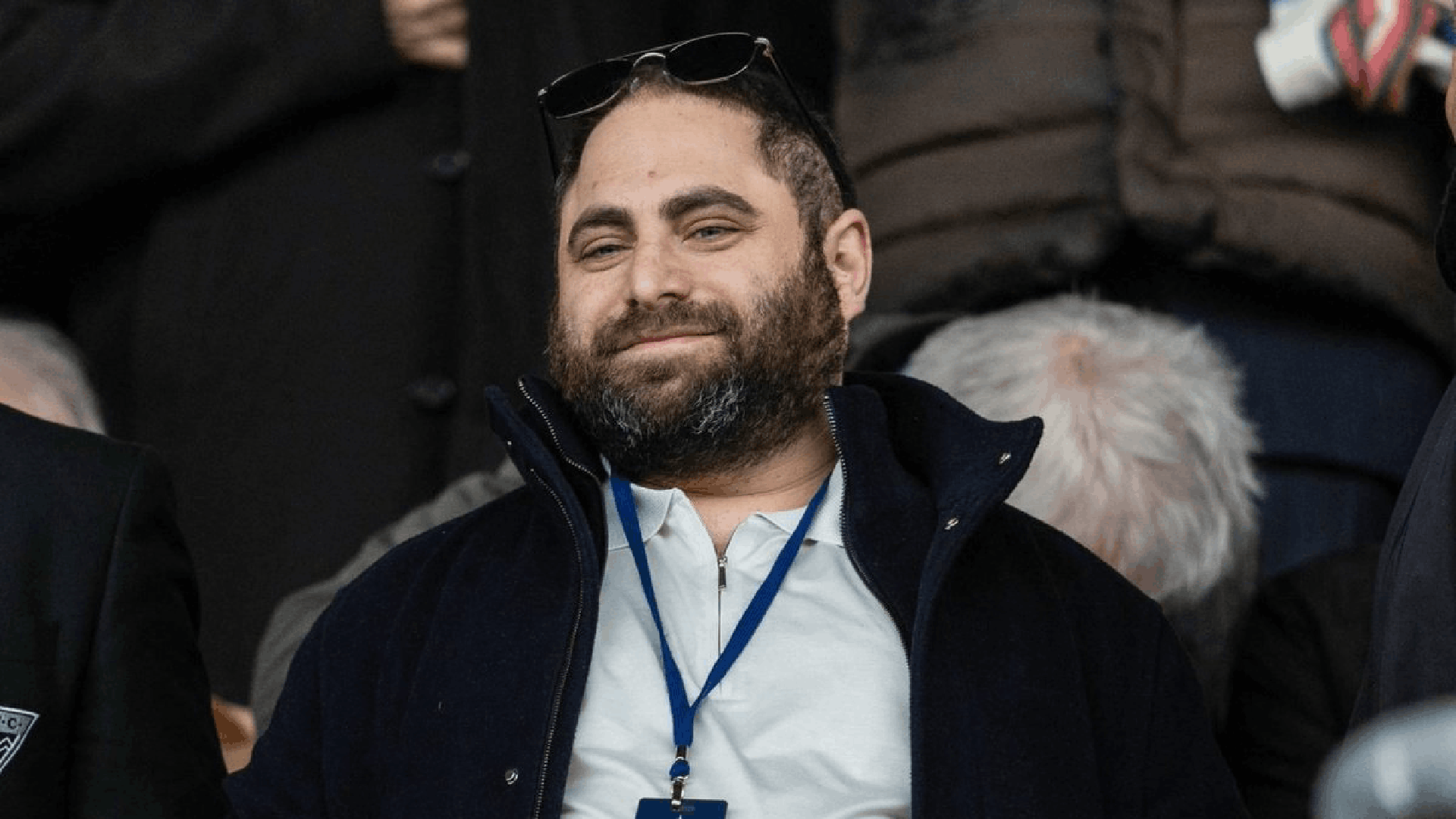Judge Tosses Las Vegas Casino Resort Price-Fixing Lawsuit
The dismissal of a lawsuit against the four biggest operators of casino resorts on the Las Vegas Strip on charges of price-fixing has benefited Caesars Entertainment, MGM Resorts, Wynn Resorts, and Treasure Island.
The complaint was a revised version of one that US District Chief Judge Miranda Du had already dismissed in October of last year.
Du claimed that despite the lawsuit's amendment, it was still unclear whether the resort operators had conspired to establish prices.
“Plaintiffs’ allegations that Defendants entered into a tacit agreement to fix prices still have not crossed the line from conceivable to plausible despite the multitude of additional allegations,” Du’s dismissal read. “This case remains a relatively novel antitrust theory premised on algorithmic pricing going in search of factual allegations that could support it.”
Incorrect Anti-Trust
Asserting that these four casino resort companies, which own 26 of the 33 properties on or near the Las Vegas Strip, conspired to artificially inflate the prices of their hotel rooms in violation of the Sherman Antitrust Act, a class action lawsuit was filed in January 2023 in the US District Court by Seattle-based law firm Hagens Berman Sobol Shapiro.
The Florida-based Cyndyn Group, another defendant in the claim, produces a data-sharing program known as Rainmaker, which is allegedly used to carry out the conspiracy.
Hotel operators set their own prices in a competitive market to maximize room occupancy. Nonetheless, the lawsuit claims that Rainmaker's algorithms and information sharing "displace normal competitive pricing and lead to increased room prices."
According to the lawsuit, Rainmaker's exclusive program, Guestrev, evaluates hotel visitor and room supply data before purposefully suppressing supply to generate dynamic pricing suggestions that are skewed in favor of the resorts.
But according to Du's denial, resorts frequently don't even take Rainmaker's suggestions for prices.











